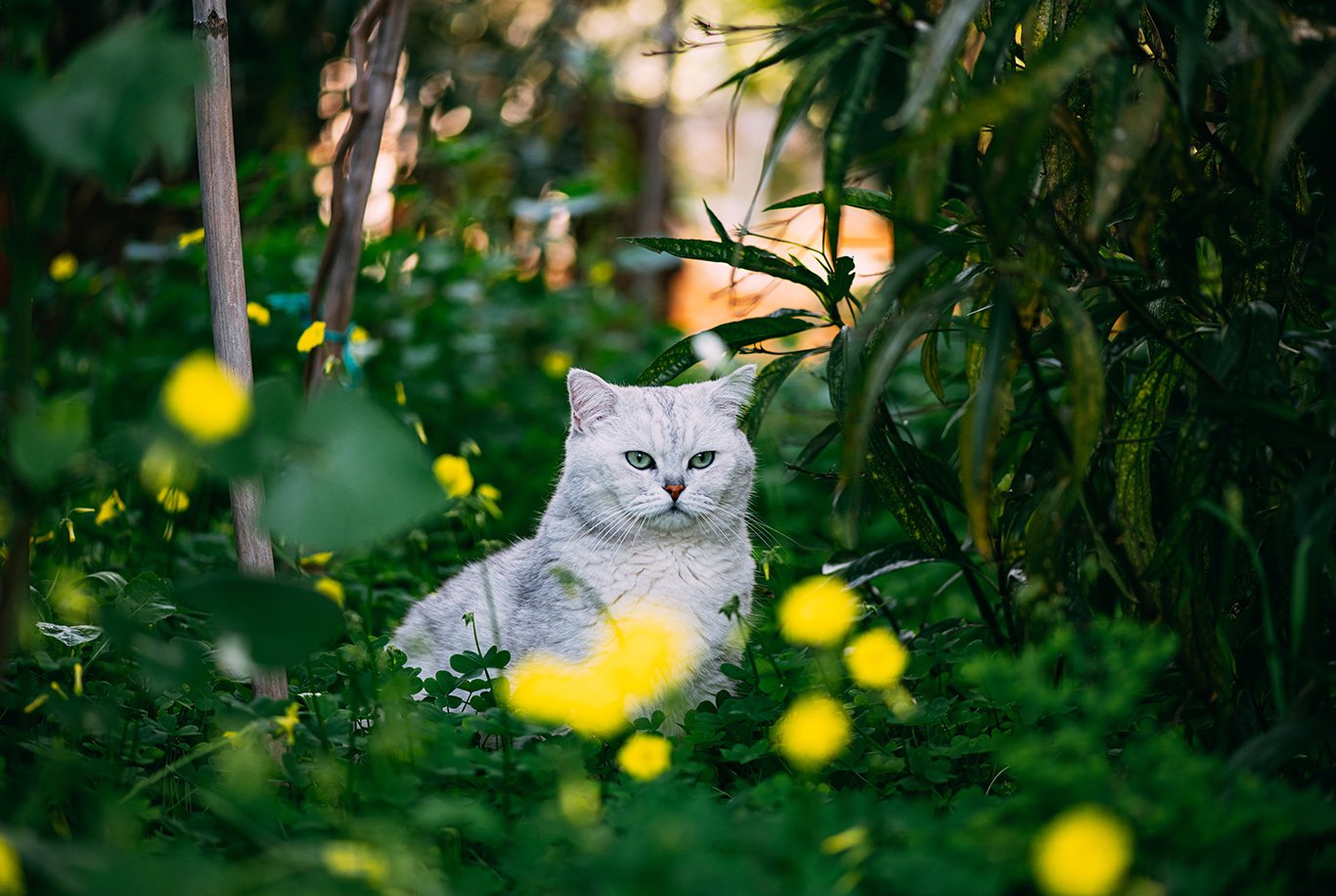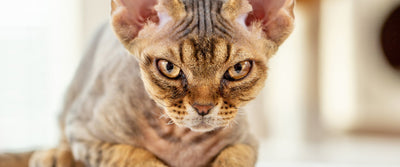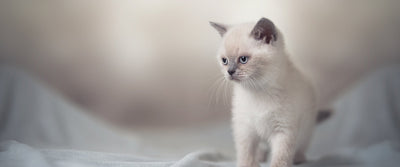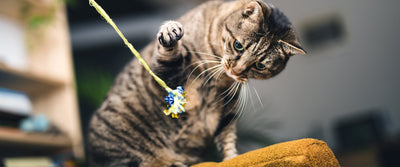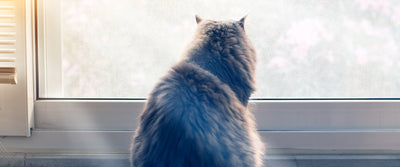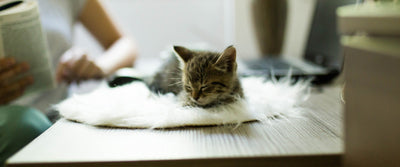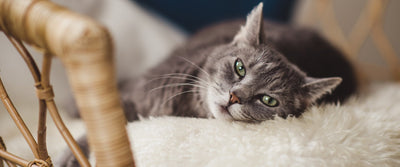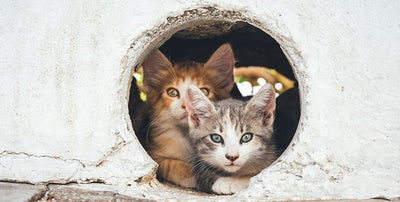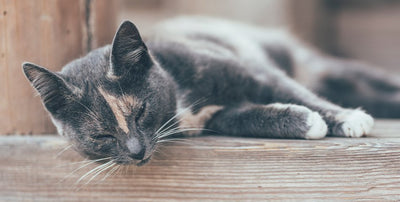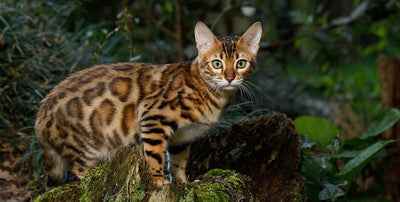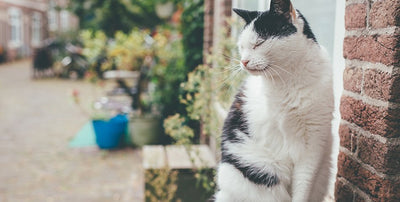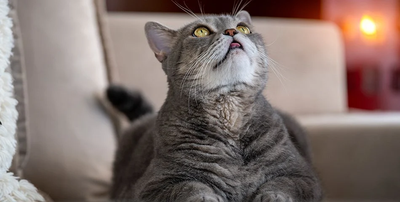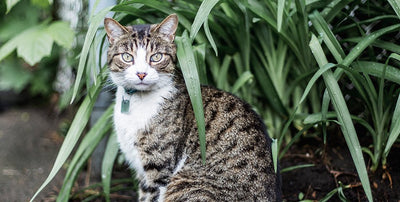The biggest breed of shorthair cats
British shorthair is the biggest cat of the shorthaired type. After World War II the breed began to die out. Crossbreeding with Persian cats not only strengthened the population of these cats but also influenced the appearance of modern British shorthair cats.
 Country of origin: Country of origin: |
Great Britain |
 Personality: Personality: |
Intelligent, Sociable, Even-tempered, Attached, |
 Coat: Coat: |
Shorthair |
 Colour: Colour: |
Blue, Lilac, Cream, Red, Chocolate, Black, White |
 Characteristics: Characteristics: |
Thick, plush fur, Round head and eyes |
 Life expectancy: Life expectancy: |
from 14 to 20 years |
British shorthair kittens
British shorthair cats are considered a rather problem-free breed - they quickly get accustomed to new situations, do great in contact with children and get along well with other animals. They are also quite intelligent cats - British shorthair kittens can master a plethora of tricks. Kittens tend to respond best to positive reinforcement training, so better have a stash of treats handy to motivate and reward your kitten with. Tuna Recipe and Kycklingfile can be a great reward for correctly performed tricks or good behaviour around the house. Remember that a healthy and well-balanced diet is a key factor in your kitten’s healthy growth and development. Before your kitten turns 1 year old feed him a special kitten formula rich in all the necessary nutrients.
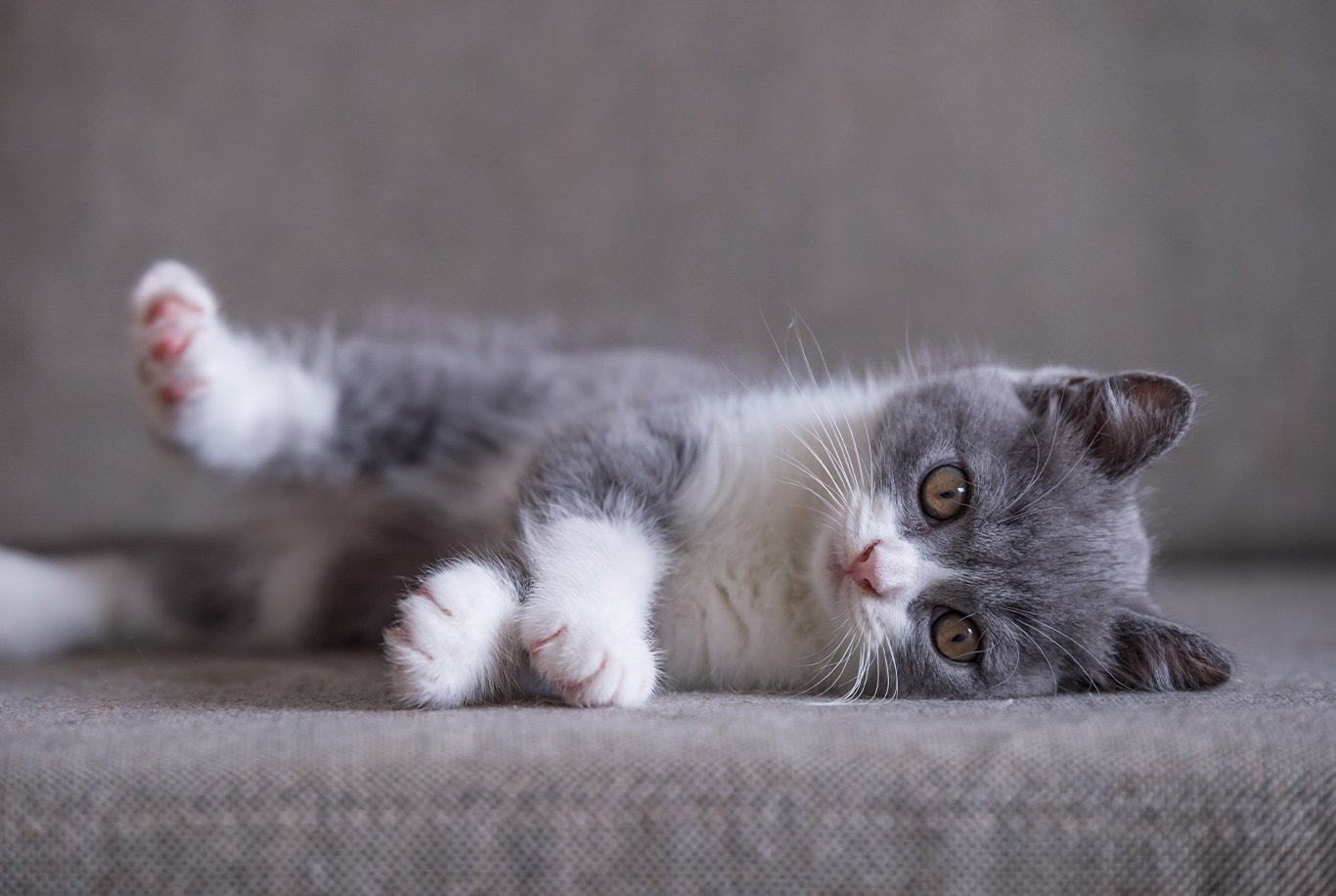
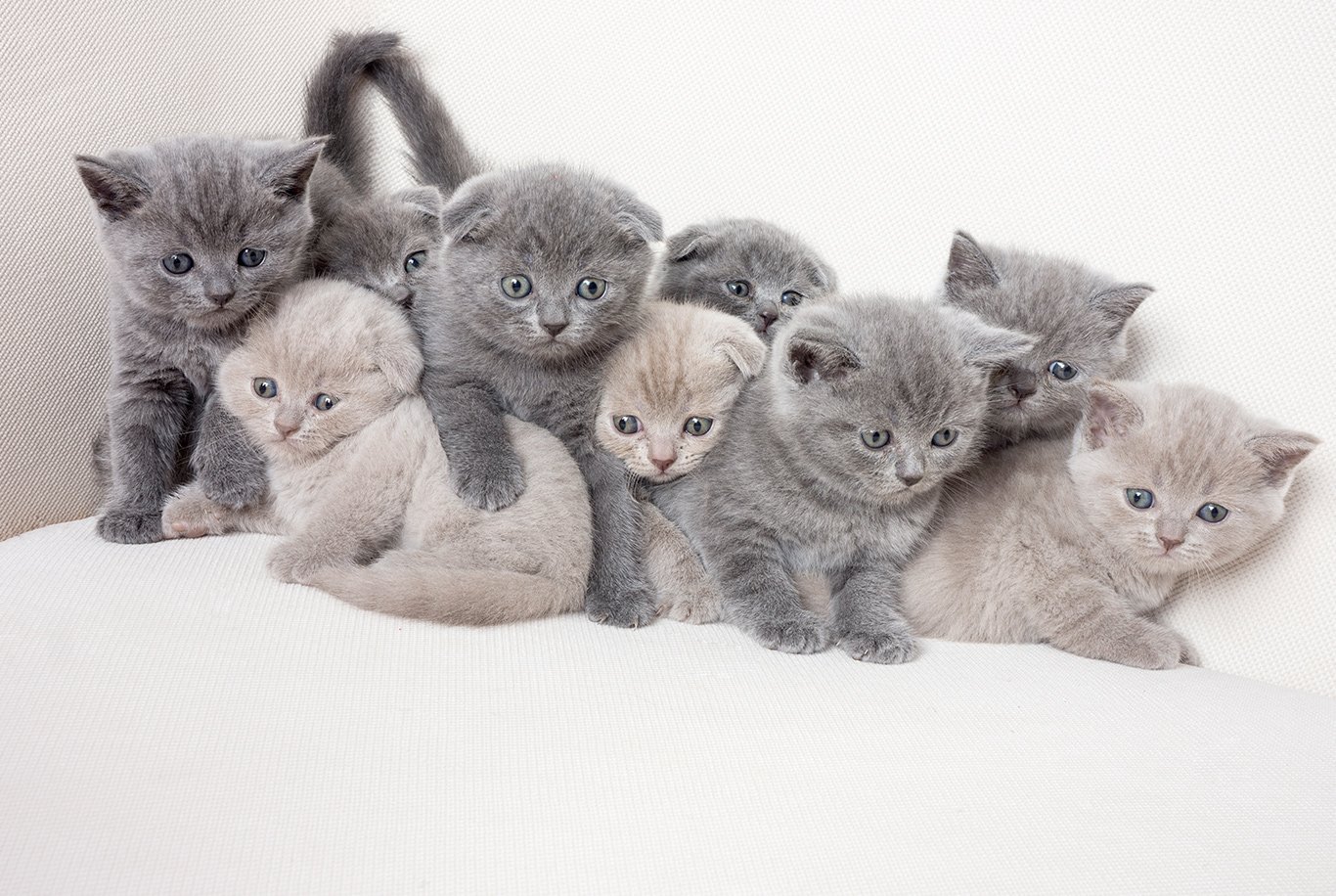
British shorthair nutrition
Just like with any other large breed of domesticated cats, British shorthair cats reach their full maturity around 3 years of age. The longer maturing process does not mean that they should be fed a kitten diet for an extended period of time. Whenever a British shorthair cat turns 1 year old you should switch the diet to adult cat food. Feeding a formula developed specifically for your cat’s age is an important factor to keep your cat in the best physical shape possible. Cats of this breed can experience some joint issues and are somewhat predisposed to obesity. A diet rich in glucosamine will support the joint condition of your cat and the addition of l-carnitine can prevent your cat from becoming overweight.
Detailed description of British shorthair
British shorthair is among one of the biggest domesticated cat breeds. It’s a bulky looking cat with fur resembling plush or velvet.
Origin
It is believed that the ancestors of modern British shorthair cats came to Great Britain with Roman legions. At first, they were kept mainly as working cats for the killing of rodents. The breed gained its notoriety during a show in the Crystal Palace in the year 1871. The winner of the show, a silvery British shorthair cat belonging to a judge Harrison Weir has been pronounced the national cat of Great Britain. Back then the appearance of british cats was different from today’s breed standard - cats were big with large heads, round eyes and gentle but luscious coats. With the beginning of the 20th century, longhaired cats became a trend and British shorthair cat population began to dwindle. To save the breed from extinction British shorthair cats have been crossbreed with Persian cats.
Appearance
Today’s appearance of British shorthair cats is quite a bit different from the breed’s progenitors. Modern-day British shorthair cats are more massive and bulky. Bigger head, wider cheeks and the shape of the nose cats of this breed owe to Persian cats with which they were crossbred with after World War II. British shorthair cats have round and big eyes, usually coloured dark orange, copper, blue or green. British shorthair cats are commonly seen with each eye in a different colour. British cats have strongly built bodies, short but bulky legs, thick and not too long tails with visibly rounded tips and small ears set wide apart on their round heads. Their famous blue coat British cats got from Chartreux cats.
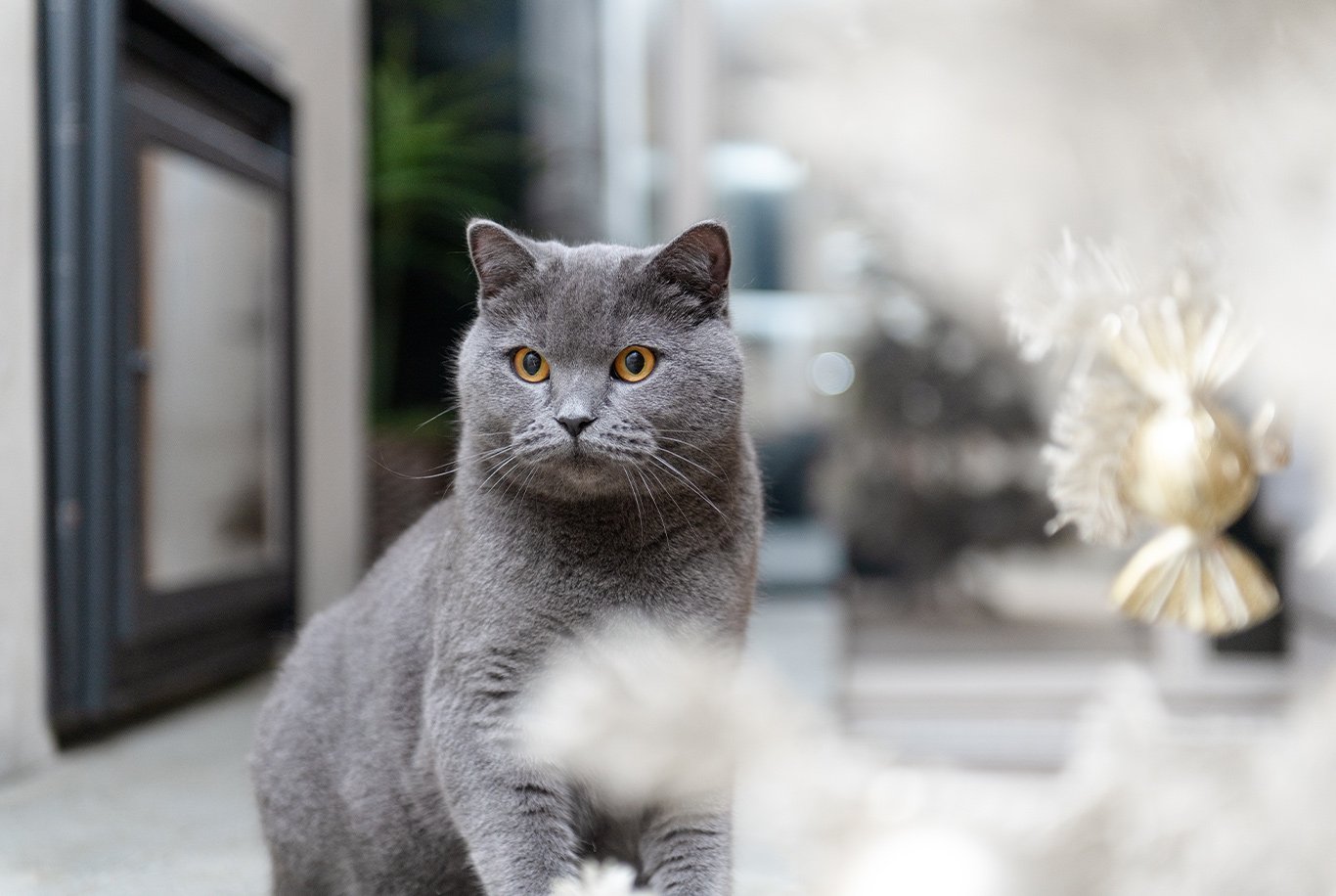
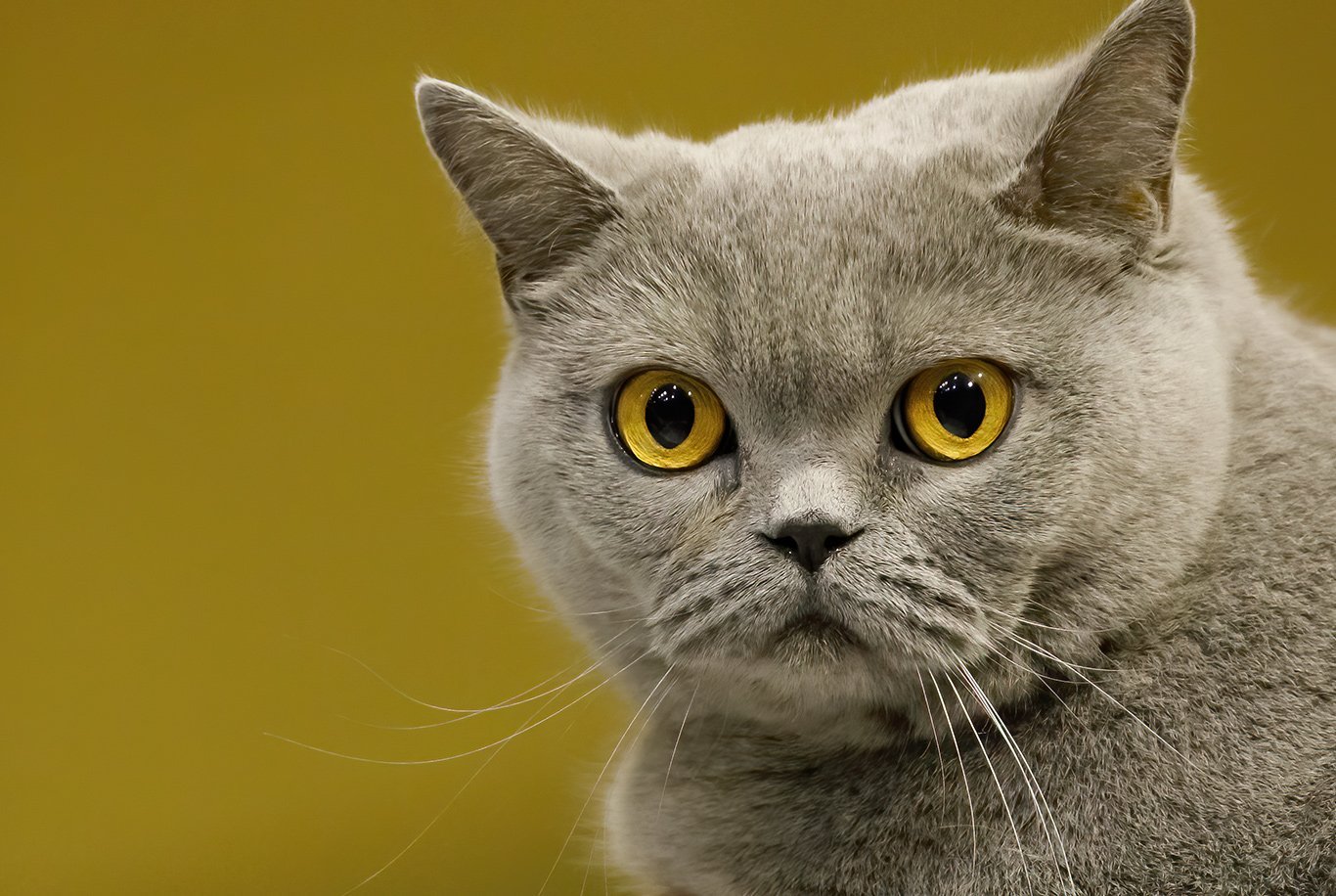
Behaviour
British shorthair cats are sociable, friendly and can get attached to their humans in no time. Cats of this breed are very intelligent and calm cats that like their playtime in moderation. Despite their placid nature and great response to almost any touch (which makes them great companions for children), British shorthair cats do not like to be carried around. British shorthairs are not too fond of climbing, they will be more than happy to lounge around on the floor or the couch.
Requirements
British shorthair cats are not the biggest fans of climbing, so they do not need tall cat trees. They need moderate physical activity throughout the day. British shorthair cats are rather big in size, so they do need their litterbox, cat bed or scratching posts to be a bit bigger and more sturdy.
Daily care
British shorthair cats do require daily brushing to help remove the dead hair. Apart from regular brushing, they need only the standard care treatments, such as trimming of the nails and cleaning of the ears.
Dr Anna Plummer
Vet and blogger


